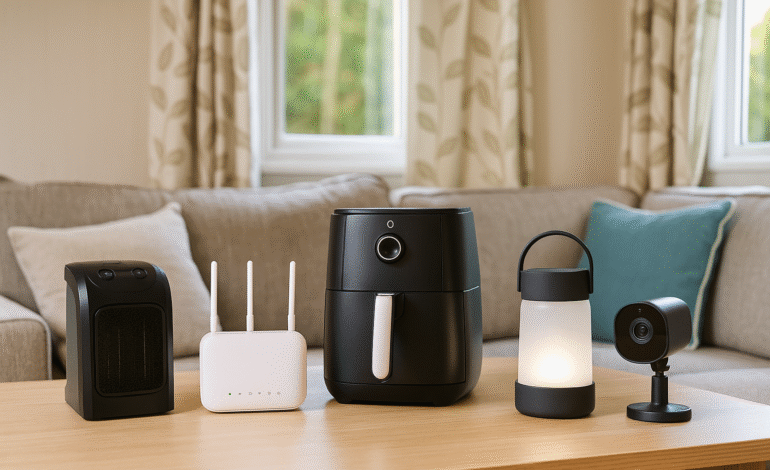For many, the idea of living full-time in a static caravan—nestled among scenic landscapes and coastal views – is incredibly appealing. The freedom, the simplicity, the sense of escape… But in Northern Ireland, can you actually live permanently in a static caravan located on a holiday park?
The short answer: not usually. Most holiday parks in Northern Ireland are licensed strictly for holiday use, not for permanent residence. However, there are exceptions, and it’s essential to understand the legal and practical considerations before making any big lifestyle changes.
The Park Must Have Full Residential Status
If you’re hoping to live full-time in your static caravan, the park must be licensed for residential use. This is rare in Northern Ireland, where most caravan parks are designated as holiday parks. These licenses are strictly regulated and come with specific conditions laid out by local authorities.
Here’s what this means in practice:
- Most holiday parks explicitly prohibit year-round occupancy.
- You cannot register the caravan as your main or only address.
- Using it as a permanent residence could breach park rules, potentially leading to eviction or cancellation of your pitch agreement.
To stay on the safe side, always ask the park operator directly about their site license and whether full-time living is allowed. You can also check with the local council to verify the park’s licensing conditions.
Local Council Enforcement
In Northern Ireland, caravan site licenses fall under the Caravans Act (NI) 1963. Local councils are responsible for issuing and enforcing these licenses, which come in two types:
- Holiday Use Licenses – These permit temporary, recreational stays only.
- Residential Licenses – These allow people to live permanently on-site.
If a park holds a holiday use license, councils and park managers typically enforce rules like:
- Mandatory closed seasons: Many holiday parks shut down for several weeks or months each year (often between January and March).
- Proof of main residence: You may be asked to show you live elsewhere, e.g., rates bills, GP registration, or inclusion on the electoral roll.
- Monitoring: Councils or park owners may check for signs of permanent living (postal delivery, full-time occupation, etc.).
Failing to comply with these conditions can result in penalties or losing your pitch.
What You Can Do
While permanent living on a holiday park isn’t permitted, you can still use your static caravan for extended holidays and breaks throughout the year, as long as you follow park rules.
That means:
- Using it for weekend retreats, summer holidays, or seasonal stays.
- Avoiding full-time residence – even if it feels like home!
- Understanding the risk if you overstay or use it as your main home address.
An Alternative: Residential Park Home Sites
If your goal is to embrace static caravan life year-round, consider a residential park home site instead. These are purpose-built communities designed for full-time living, often with age restrictions (commonly 50+), offering:
- Legal full-time residency rights
- Council tax payments instead of site fees
- Permanent postal addresses
- Year-round utilities and access
Although fewer in number, residential park home sites do exist across Northern Ireland and the wider UK. They offer a secure and legal route for those wanting to downsize, retire, or embrace a simpler way of living.
Final Thoughts
So, can you live full-time in a static caravan on a holiday park in Northern Ireland? In most cases, no. But that doesn’t mean you can’t enjoy the lifestyle – just be sure to do it within the law.
If you’re dreaming of full-time static caravan living:
- Check the park’s license
- Speak to the local council
- Explore residential park home options
Static caravans offer a fantastic escape and can become a treasured second home. Just don’t skip the small print – because when it comes to your home (temporary or not), the rules really do matter.


